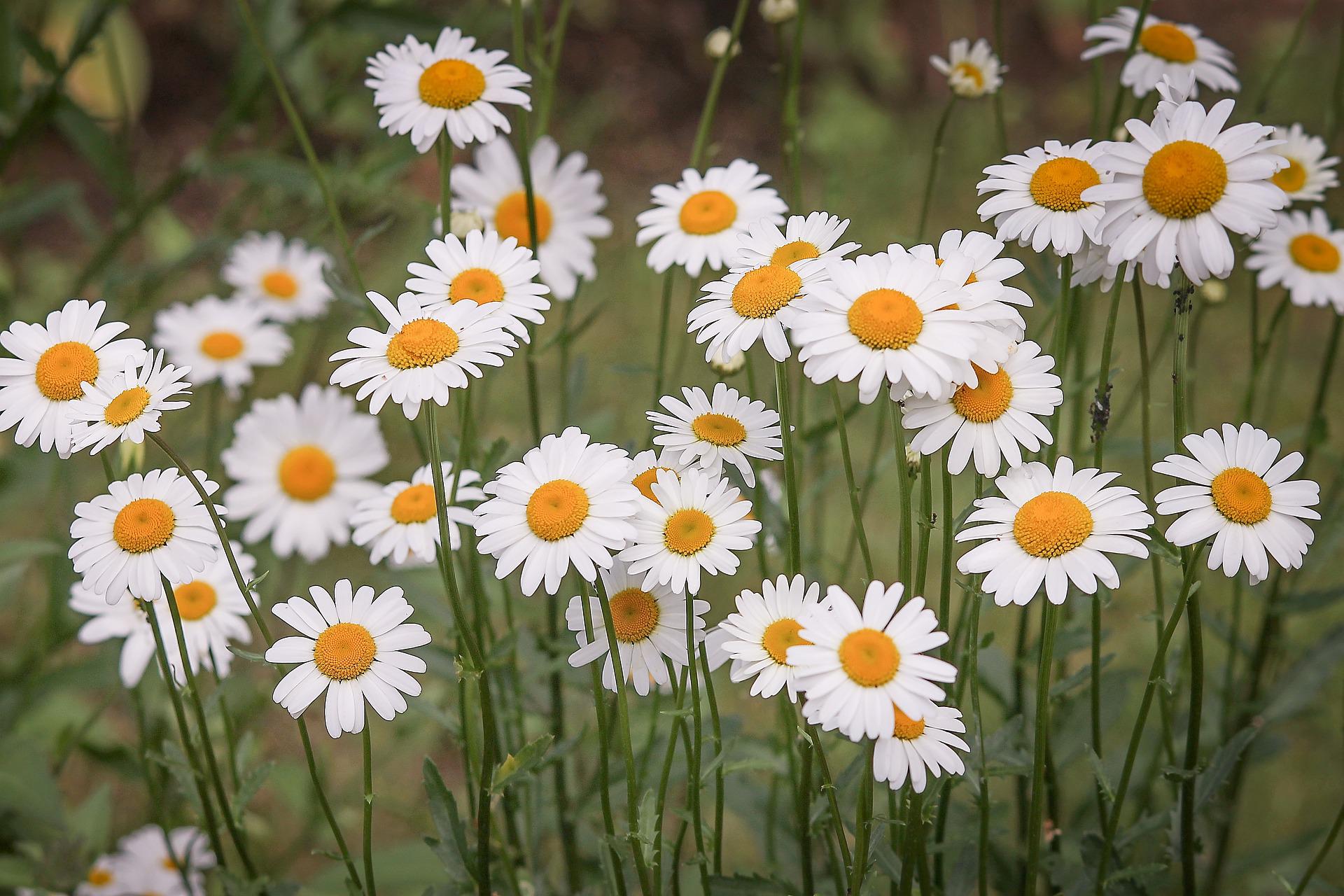At the end of the month, Plantlife is also running a nationwide “Every Flower Counts” survey.
This involves people submitting images and descriptions of the plants and flowers that have sprung up on their uncut grass during a month of not mowing it.
The data collected will help conservationists assess the state of biodiversity in areas across the UK.
In 2019, more than 200 flower species were found on lawns, including rarities such as meadow saxifrage, knotted clover and eyebright.
How does No Mow May boost wildlife?
If you avoid mowing your lawn, this will allow wildflowers to bloom, and in turn provide a vital source of nectar to pollinators like bees.
Bees and other pollinators are an essential part of our ecosystem, providing the services that allow us to produce food.
Advertising helps fund Big Issue’s mission to end poverty
In recent years their numbers have been dropping, making any efforts to help pollinators thrive especially important.
Previous No Mow Mays have shown the astonishing power of avoiding grass cutting for a month.
In the last Every Flower Counts survey, Plantlife found that 80 per cent of the lawns submitted supported the equivalent of around 400 bees a day from the nectar sugar produced by flowers such as dandelion, white clover and selfheal.
Around 20 per cent of lawns, meanwhile, were found to be supporting up to 40,000 bees per day.
The survey discovered that the optimum mowing schedule was once every four weeks, which gave ‘short-grass’ plants like daisies and white clover a chance to flower in profusion, boosting nectar production tenfold.
On grass that was left longer, however, the range of flowers was more diverse, increasing the range of nectar sources for pollinators as well as extending its availability into late summer.
Advertising helps fund Big Issue’s mission to end poverty
What if I don’t have a garden?
Of course, not everyone has access to a lawn to mow in the first place – but that doesn’t mean you can’t take part in No Mow May.
If you have a window box or even some steps outside your home, you could consider planting wildflower seeds to support pollinators. These seeds are widely available at garden centres and some supermarkets.
Alternatively, you could encourage your local council to participate in Plantlife’s road verges campaign, which invites local authorities to avoid mowing verges and instead let wildflowers grow.
Alternatively, some local authorities will allow community groups to create wildflower meadows on publicly-owned land.
You could see whether any gardening community groups already exist in your area, and if they don’t yet, consider starting one yourself.
If you’re looking for other ways to boost biodiversity at home or in your community, check out our guide on simple steps you can take at this link.
Advertising helps fund Big Issue’s mission to end poverty









